Cognitive Development Normal Science Worksheets for 4-Year-Olds
7 filtered results
-
From - To
Enhance your 4-year-old’s cognitive development with our engaging science worksheets! Tailored to spark curiosity and encourage critical thinking, these resources promote essential skills through fun activities. Designed with colorful illustrations and age-appropriate exercises, our worksheets help children explore fundamental concepts in nature and the environment. Interactive tasks encourage observational skills, problem-solving, and decision-making, fostering a love for learning from an early age. Perfect for homeschooling or enriching classroom activities, our Cognitive Development Normal Science Worksheets make learning enjoyable. Dive into the world of science with your little one and witness their cognitive skills flourish! Download now and start the adventure!
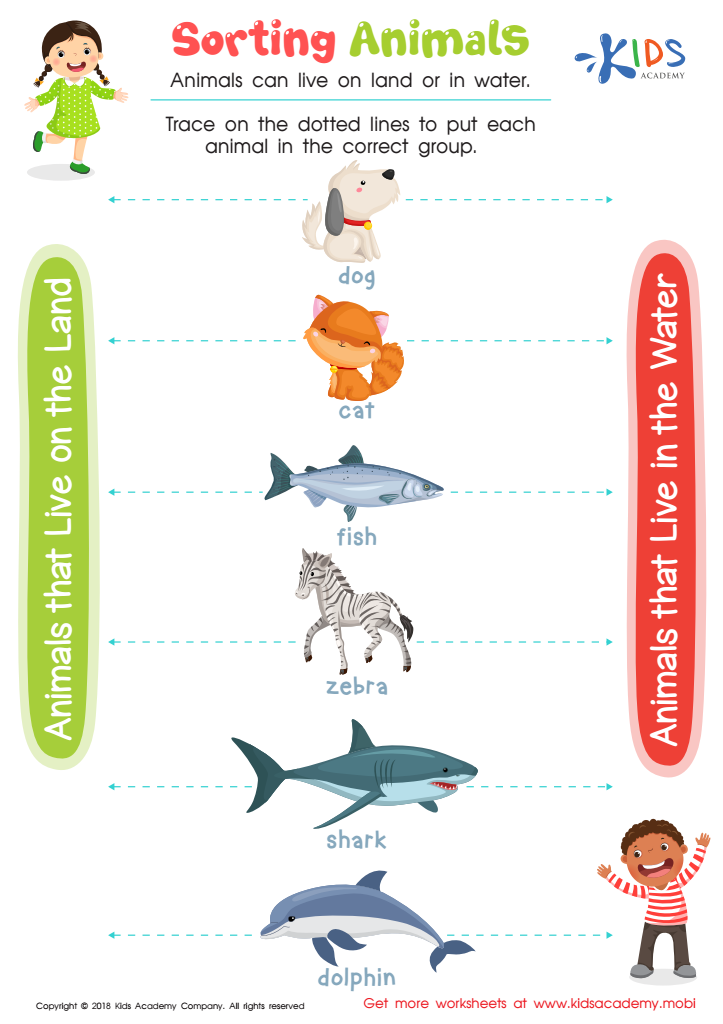

Sorting Animals Worksheet
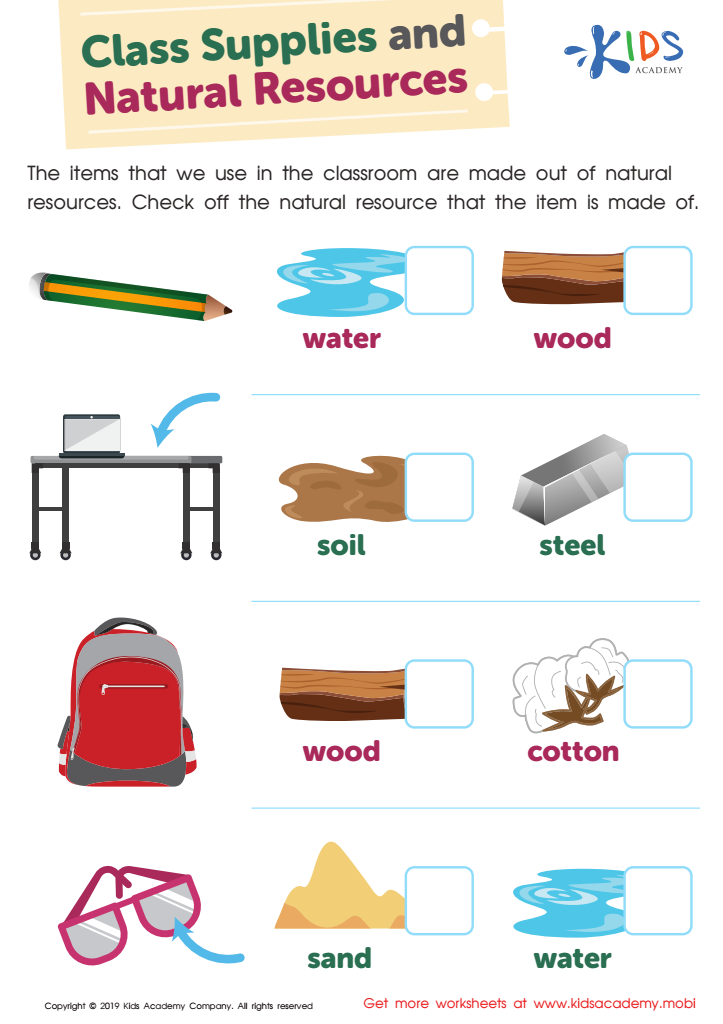

Class Supplies and Natural Resources Worksheet


Carnivores Worksheet
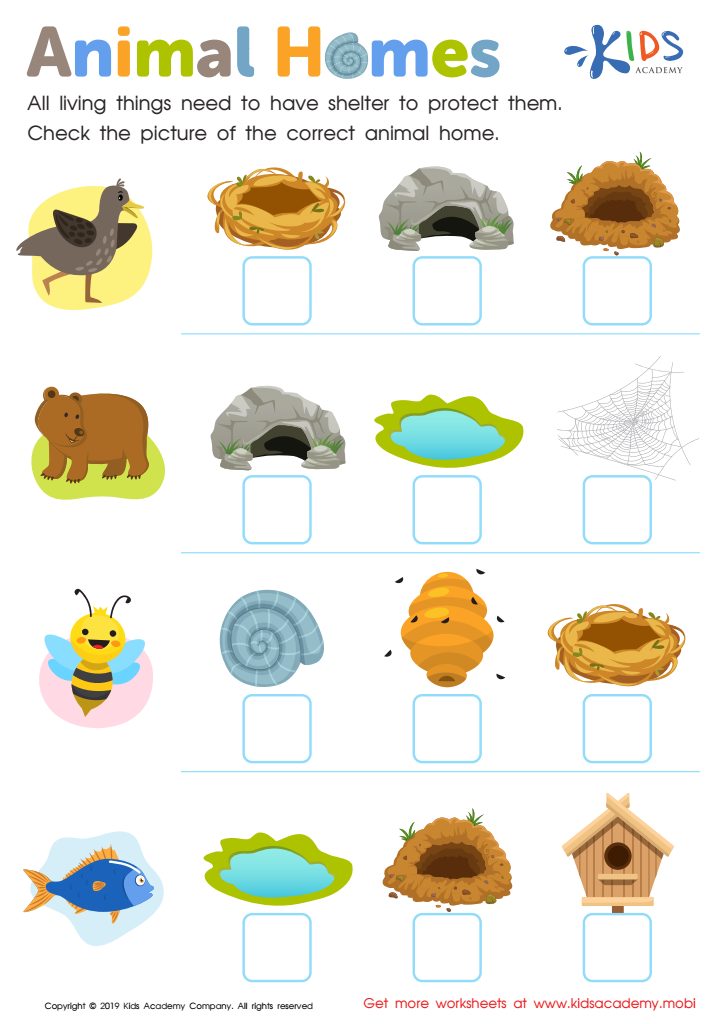

Animal Homes Worksheet
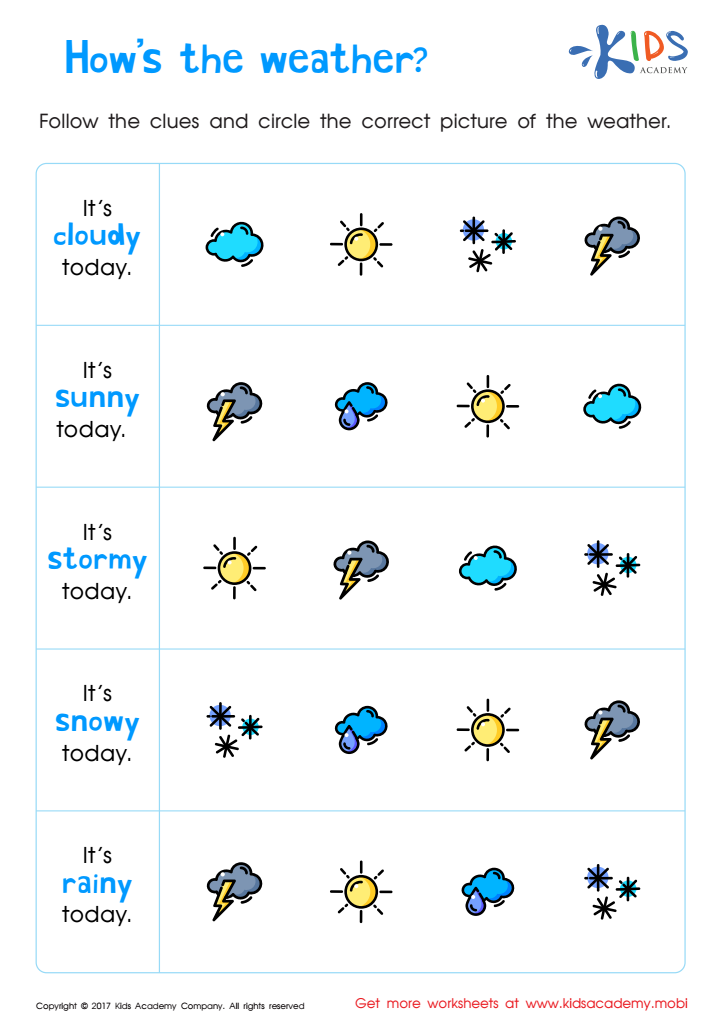

Hows the Weather Worksheet
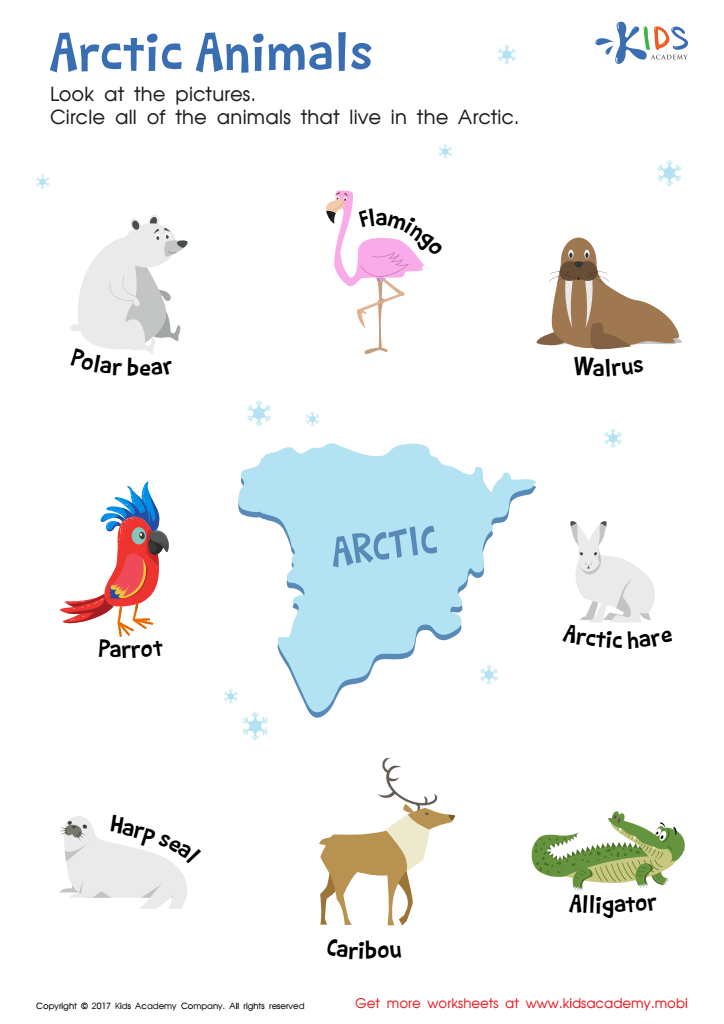

Arctic Animals Worksheet
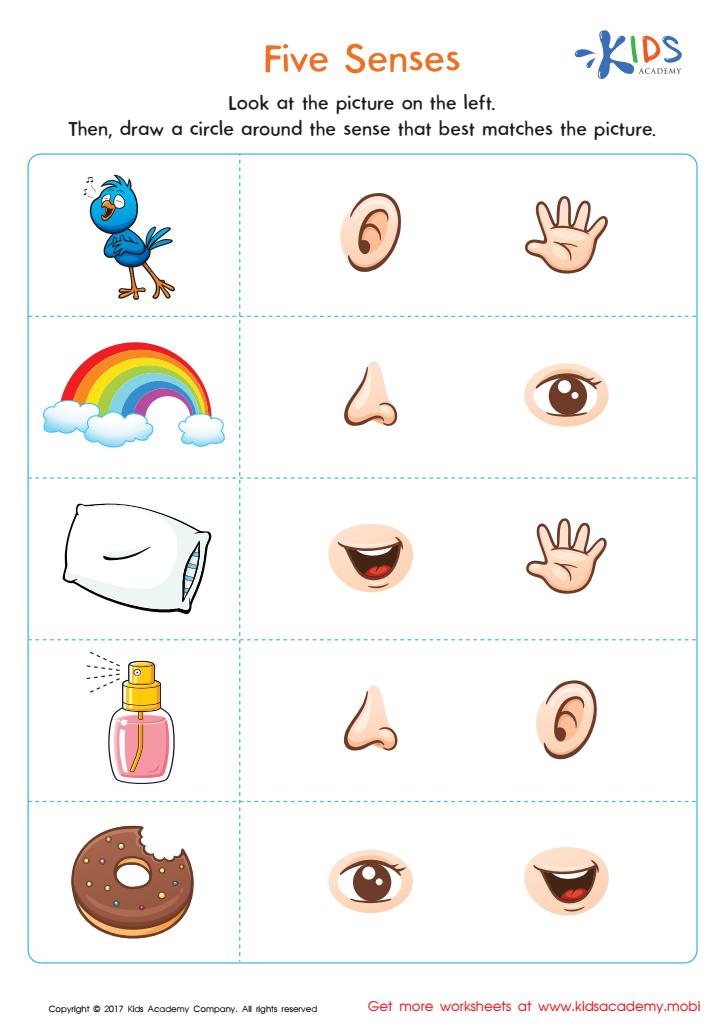

Five Senses Printable
Cognitive development in four-year-olds is foundational for their overall growth and learning. Understanding normal cognitive milestones helps parents and teachers recognize what children should be achieving at this age, such as problem-solving, memory skills, and the ability to follow directions. This awareness allows caregivers to create enriching environments that foster curiosity and critical thinking.
Children at this stage are naturally inquisitive, exploring their world through play and interactions. By engaging in activities that challenge their thinking—like puzzles, storytelling, and imaginative play—parents and teachers can support the development of important skills such as reasoning, planning, and decision-making. Furthermore, recognizing delays or differences in cognitive abilities can prompt early intervention, ensuring that children receive the support they need to thrive academically and socially.
Beyond individual development, understanding cognitive development benefits the entire classroom dynamic. It aids teachers in tailoring their instructional strategies to meet diverse learning needs, fostering a collaborative environment where each child can progress. Ultimately, prioritizing cognitive development equips young learners with the tools they need to navigate future educational challenges, laying a strong foundation for lifelong learning and success. Therefore, understanding and nurturing cognitive development in four-year-olds is vital for parents and educators alike.
 Assign to My Students
Assign to My Students















